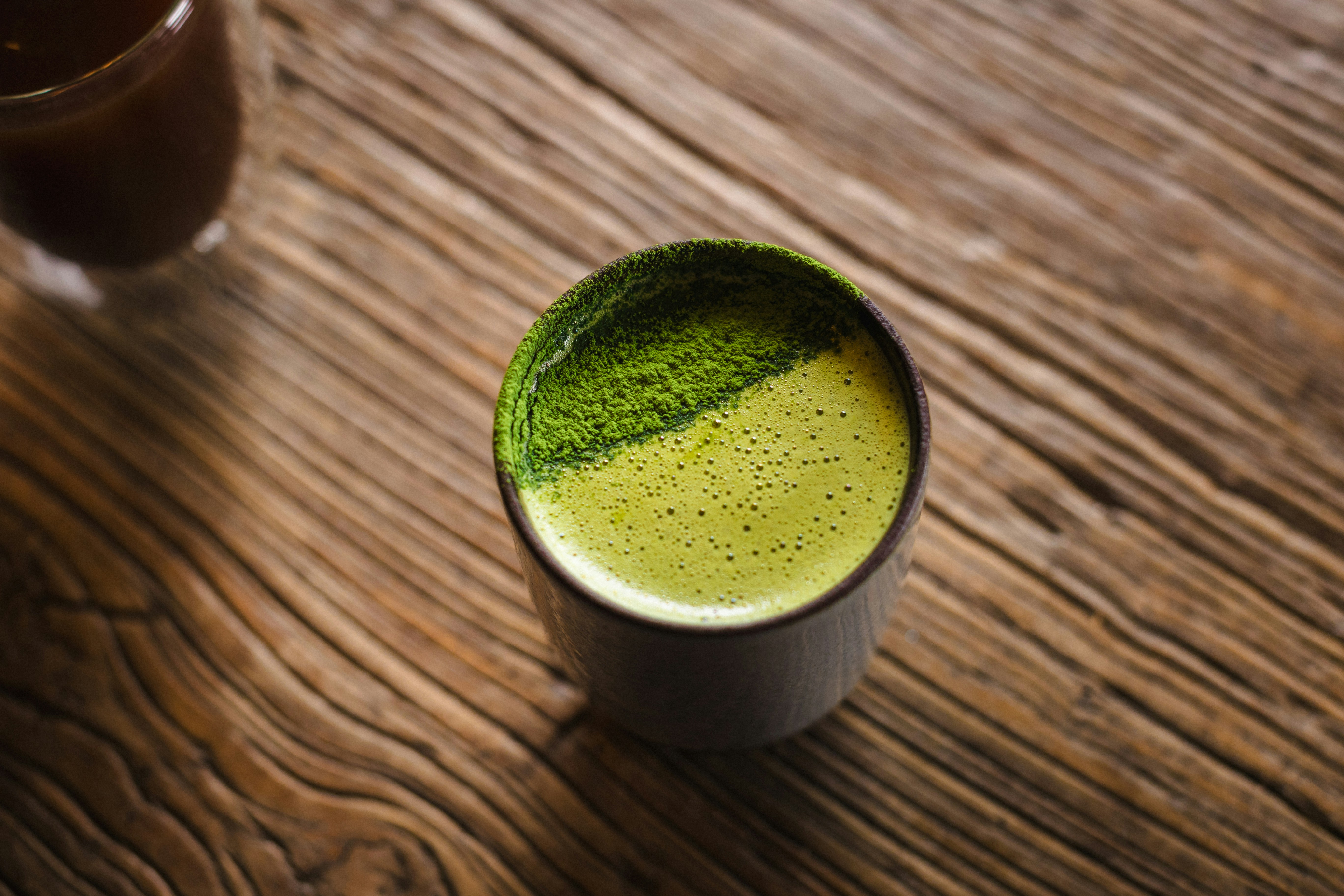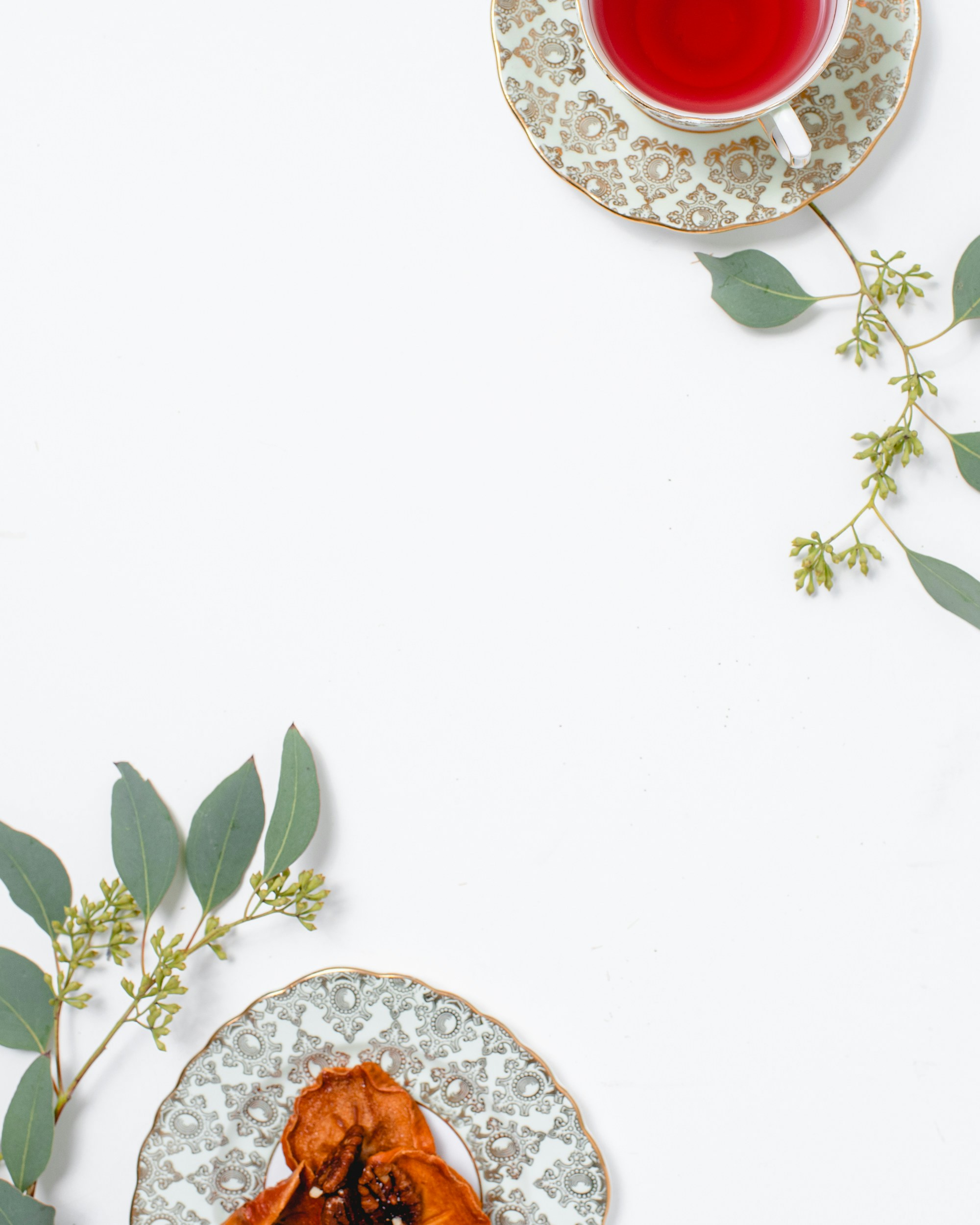Introduction to the Mind-Body Connection
The concept of the mind-body connection has garnered significant attention in recent years, suggesting that our mental and emotional states profoundly influence our physical health. This intricate interplay resonates deeply with the understanding that stress, anxiety, and emotional distress can weaken our immune system, making us more susceptible to illness. For instance, consider a scenario where an individual experiences chronic stress from work-related pressures. Over time, the consistent release of stress hormones may lead to a weakened immune response, rendering the individual more vulnerable to infections and ailments. On the flip side, cultivating positive emotions and mental clarity can bolster resilience, promoting overall well-being.
Delving into this relationship, various studies have highlighted how emotional states can impact physiological functions. For example, individuals who engage in mindfulness practices or maintain a gratitude journal often report not only enhanced emotional health but also improved immune function. These findings align with age-old wellness traditions that advocate for holistic approaches, blending physical health with mental clarity.
In the context of tea traditions, the act of preparing and consuming tea can be a meditative practice that fosters mental well-being. The ritualistic nature of tea drinking has been linked to relaxation and stress reduction, which may contribute positively to one’s immune health. Certain types of tea, rich in antioxidants and other beneficial compounds, can further support physical vitality by fortifying the body’s natural defenses. This synergy between the mind and body exemplifies how embracing tea traditions can serve as a facilitator in nurturing our overall health.
Understanding Immunity in the Modern World
Immunity refers to the body’s ability to resist and defend against infection, disease, and harmful foreign invaders. In contemporary contexts, the understanding of immunity has expanded beyond its traditional biological roots to encompass a holistic approach that includes lifestyle and environmental factors. This shift emphasizes the importance of maintaining robust immune health for overall well-being, particularly in light of increasing exposure to pathogens and the stresses of modern living.
The immune system consists of various components that work in concert to protect the body. These include physical barriers such as skin and mucous membranes, as well as a complex network of cells, tissues, and organs that are responsible for identifying and neutralizing harmful agents. Key players in the immune response are white blood cells, antibodies, and the lymphatic system, each fulfilling specific roles in detecting and eliminating pathogens. A well-functioning immune system is crucial not only for defending against acute infections but also for preventing chronic diseases.
In recent years, there has been a growing recognition of how lifestyle choices can significantly impact the effectiveness of the immune system. Factors such as diet, exercise, sleep, and stress management all play pivotal roles in influencing immune health. For instance, a balanced diet rich in vitamins, minerals, and antioxidants can support immune function, while excessive stress may hinder the body’s ability to respond to threats. Additionally, mindfulness practices and habits such as adequate hydration can further bolster immunity. Consequently, adopting a holistic approach to health that integrates these lifestyle modifications has become essential for enhancing one’s immune response in the modern world.
The Role of Tea in Bolstering Immunity
Tea has been revered for centuries, not only for its flavor but also for its wide array of health benefits. Particularly, certain types of tea such as green tea, elderberry tea, and chamomile tea have been linked to enhanced immune function. The mechanisms behind these benefits can often be traced to the key compounds present in these teas, including antioxidants, vitamins, and polyphenols.
Green tea, one of the most studied varieties, is rich in catechins, specifically epigallocatechin gallate (EGCG). Research has demonstrated that EGCG can significantly enhance the body’s ability to fight infections by modulating immune responses. A study published in the Journal of Immunology found that green tea extracts increased the activity of immune cells, thereby demonstrating its potential to bolster the immune system effectively.
Elderberry tea, derived from the elderberry plant, has gained popularity for its proactive stance against respiratory infections. This tea contains flavonoids that are known to possess antiviral properties, making it a popular choice during cold and flu season. Various clinical trials have shown that elderberry extracts can reduce the duration and severity of these infections, which underscores its role as a natural immune booster.
Chamomile tea, while often recognized for its calming effects, also contributes to immune health. It contains several antioxidants, including apigenin, which has been shown to reduce inflammation within the body. In a study published in a peer-reviewed medical journal, researchers highlighted chamomile’s potential in reducing the frequency of respiratory infections, thus showcasing its immune-strengthening capabilities.
In summarizing the benefits of tea, immune-boosting varieties such as green, elderberry, and chamomile contribute significantly to overall health. Their unique compounds not only enhance individual immune responses but also pave the way for a healthier lifestyle. Incorporating these teas into daily routines may serve as an effective strategy in bolstering immunity and preventing illness.
Traditional Uses of Tea Across Cultures
Tea, a beverage with deep cultural roots, has been revered throughout history for its therapeutic properties and social significance. In many cultures, tea is more than just a drink; it represents a means of connecting with oneself and others, promoting mental wellness, and strengthening the immune system. For instance, in traditional Chinese medicine, tea, particularly green tea, is used not only for its invigorating qualities but also for its ability to harmonize the body’s energy. The practice emphasizes the importance of balance, with tea acting as a bridge between physical health and mental clarity.
In Japan, the tea ceremony known as ‘chanoyu’ embodies a spiritual and meditative practice that promotes mindfulness. This ritualistic preparation and consumption of matcha, a powdered form of green tea, fosters a serene environment conducive to reflection and inner peace. Through this connection, participants often experience an enhanced sense of community and emotional support, which research suggests can bolster immune function by reducing stress levels.
Across the Indian subcontinent, chai holds a place of prominence in both family gatherings and religious rituals. The spices commonly blended with tea not only provide flavor but support various health benefits as well. Ingredients like ginger and cardamom are renowned for their anti-inflammatory properties and have been used for centuries to enhance the body’s ability to combat infections. The social act of sharing chai often acts as a communal bonding experience, contributing to improved mental wellness and resilience.
In conclusion, tea traditions across different cultures are rich with historical significance and medicinal value. By integrating these practices into daily life, individuals can draw on the benefits that not only enhance mental health but also strengthen immunity, reflecting the intricate connection between the mind and body.
Mindfulness and Tea: A Meditative Practice
The practice of mindfulness involves being fully present in the moment, acknowledging thoughts and feelings without judgment. Engaging in the ritual of making and consuming tea can serve as an effective form of meditation, offering a rich opportunity to cultivate this awareness. The act of preparing tea, whether it is loose leaves or tea bags, involves a series of deliberate steps that can promote a state of mindfulness. From measuring the right amount of tea leaves to observing the water’s temperature, each stage invites practitioners to immerse themselves in the sensory experience.
As one brews tea, the aromatic scents can engage the senses, leading to a heightened state of awareness. This sensory engagement not only deepens the appreciation of the tea itself but also encourages relaxation and a release of any pent-up stress. For many, sipping tea becomes a moment of pause in a busy day, creating a serene space for reflection and mindfulness. The tactile sensations involved in holding the cup and the warmth of the liquid can further ground individuals in the present moment, enhancing their overall focus.
Moreover, the practice of consuming tea mindfully—taking slow sips, savoring each flavor, and observing the color and texture—can lead to improved mental clarity. Such clarity is essential, as studies suggest that reduced stress levels are intrinsically linked to better immune function. The quiet moments spent with tea foster a calm state that positively impacts emotional health, ultimately aiding in strengthening the immune system. Therefore, making tea and the rituals surrounding its consumption can be seen as more than just a beverage choice; they are integral to a holistic approach to well-being, integrating mindfulness with the physical benefits of tea as a supportive agent for immunity.
Personal Stories of Transformation Through Tea
Tea has played a pivotal role in the lives of many individuals seeking to improve their health and overall well-being. Anecdotal narratives reveal how the ritual of tea drinking not only promotes physical health but also nurtures the mind and spirit. One individual, Sarah, a busy working mom, discovered the calming effects of chamomile tea amidst her hectic schedule. She found that taking just a moment to sip her tea provided her with a sense of peace and an opportunity to reset her thoughts. Over time, this simple act became a cornerstone of her evening routine, allowing her to unwind while enhancing her immune resilience through the natural properties of the herbal infusion.
Another transformative experience comes from Michael, a retired veteran, who faced challenges with anxiety and feelings of isolation. Seeking solace, he turned to green tea, known for its antioxidants and calming effects. Incorporating this beverage into his daily routine not only improved his mental clarity but also contributed to a more robust immune system. The act of brewing his green tea became a mindful practice, encouraging him to pause and reconnect with his thoughts. As a result, Michael found both emotional and physical improvement, allowing him to engage more meaningfully with his community.
Similarly, Emma, a student experiencing the stress of academic pressures, found her refuge in a blend of herbal teas. She experimented with various flavors and ingredients, each offering unique mental and physical benefits. As she made tea a part of her study sessions, she discovered that it helped to boost her focus and alleviate stress, enhancing her productivity while strengthening her immune functions. Emma’s story underscores the profound impact that such simple rituals can have on one’s health.
These narratives exemplify the transformative power of tea, illustrating how the integration of this ancient beverage into daily routines can lead to significant improvements in mental health and immune resilience. The connection between mind and body is indeed reinforced by the calming, nurturing qualities inherent in the practice of tea drinking.
Practical Tips for Incorporating Tea into Daily Life
Incorporating tea into your daily routine can enhance not just your enjoyment of this ancient beverage, but also contribute positively to your overall well-being. To begin with, consider establishing a specific time of day dedicated to your tea ritual. Many find that incorporating tea into their morning routine serves as a gentle wake-up ritual, while enjoying a cup in the evening helps to facilitate relaxation and transition to nighttime rest.
When it comes to brewing techniques, precision can elevate your tea experience significantly. Start with high-quality loose-leaf tea or tea bags, and use fresh, filtered water to ensure the best flavor. For black teas, steeping for 3-5 minutes at a temperature of 200-212°F is generally recommended, while green teas require a lower temperature of 160-180°F and a shorter steeping time of 2-3 minutes. Each type of tea offers unique benefits, from the invigorating effects of black tea to the calming properties of chamomile or peppermint.
Specific tea blends might cater to your individual needs. If you’re seeking increased immunity, consider teas with echinacea or elderberry. For stress relief, herbal blends featuring lavender or lemon balm can be particularly soothing. If digestion is a concern, ginger or peppermint can provide relief. By selecting specific teas to address your personal health goals, you create a tailored approach that fosters mindfulness and self-care.
To fully embrace the calming qualities of tea, consider setting the scene for your tea-drinking experience. Choose a tranquil space in your home, free from distractions, where you can enjoy your tea mindfully. Light candles or play soft music to enhance relaxation as you sip your drink, focusing on the warmth of the cup in your hands and the flavors on your palate. This simple practice not only strengthens your connection to tea but also encourages a moment of peace in your busy day.
Understanding the Science Behind Tea and Immunity
The intricate relationship between tea consumption and immunity is supported by a growing body of scientific research. Various studies indicate that the polyphenols found in tea, particularly green tea, possess antioxidant properties that can enhance the body’s defense mechanisms. These compounds help in reducing oxidative stress and inflammation, both of which play significant roles in immune response. The most studied catechin, epigallocatechin gallate (EGCG), has been shown to have anti-inflammatory and immunomodulatory effects, contributing to better immune function.
Moreover, the act of consuming tea itself has been found to have psychological benefits, thereby linking mental health to immune health. For instance, the ritual of brewing and enjoying tea can serve as a mindfulness practice, promoting relaxation and reducing stress levels. Chronic stress is known to suppress the immune system, making the importance of mental well-being paramount for overall health. Therefore, integrating tea into daily routines can not only provide physiological benefits but may also bolster one’s mental state, further supporting immune health.
It is also crucial to note that while the health benefits of tea are promising, claims regarding its efficacy should be approached with caution. Consulting healthcare professionals when discussing sensitive health topics or considering dietary changes is essential. Individual responses to tea and its impact on immunity can vary widely based on genetics, preexisting health conditions, and lifestyle factors. This variability underlies the necessity of personalized medical advice before making significant changes to dietary habits for health improvement.
In conclusion, the evolving science around tea consumption highlights its potential role in enhancing immunity through both biochemical pathways and psychological well-being. Nonetheless, individuals are encouraged to seek professional guidance to navigate the complexities of tea consumption and its health implications effectively.
Conclusion and Call to Action
As we explore the intricate relationship between the mind and body, it becomes evident that the consumption of tea offers numerous benefits that transcend its role as a mere beverage. Throughout this blog post, we have delved into the historical significance of tea within various cultures, examining its time-honored rituals that not only encourage mindfulness but also foster a deep appreciation for the present moment. From herbal infusions that boost immunity to soothing blends that promote relaxation, tea serves as a powerful ally in enhancing our overall well-being.
Additionally, we discussed the synergistic effects of tea on mental clarity and physical health, noting how its antioxidants and calming properties contribute to a robust immune system. By integrating tea traditions into our daily lives, we can create a holistic approach to wellness that nurtures both the body and the mind. This multifaceted experience amplifies the benefits of tea, allowing individuals to harness its potential for improved health and immunity.
We encourage you to take the next step in your wellness journey by exploring the diverse world of tea. Experiment with different varieties and discover how they resonate with your unique needs and preferences. As you embark on this exploration, consider sharing your own stories and experiences with tea. How has it impacted your health or enriched your daily routine? Engaging with others in this conversation can cultivate a supportive community, one that celebrates the profound benefits of tea traditions.
In conclusion, tea is more than just a drink; it is a pathway to enhanced mind-body wellness. By prioritizing self-care through the ritual of tea, we not only strengthen our immune systems but also foster a greater connection to ourselves and the world around us. Let us embrace this journey together, transforming our health and nourishing our spirits one cup at a time.








Leave a Reply